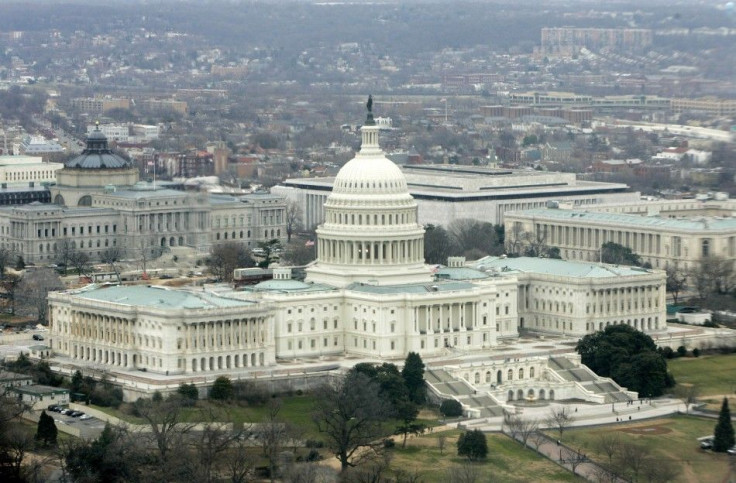Almost 80% of U.S. Congress Lacks Academic Background in Business Economics

Nearly 8 in 10 of the members of the U.S. Congress lack an academic background in economics or business.
According to a study by the Employment Policies Institute (EPI), only 8.4 percent have a degree in economics, while 13.7 percent hold a degree in business or accounting.
The most widely held academic background was government and law (34.8 percent) followed by the humanities (20.9 percent). Science and technology accounted for 11.5 percent) .
“Members of Congress are expected to provide answers for our country’s spending and economic crises, but it appears many of them might have difficulty answering Econ 101 questions,” said Michael Saltsman, research fellow at EPI.
Saltsman added: “History is full of examples of elected representatives who have performed admirably without a formal academic background in business or economics, and some may have experience running their own business. But in this current climate, with competing claims about how a particular piece of legislation will impact our economy, it’s more important than ever that our representatives be familiar with economic basics.”
Meanwhile, Congress will resume tackling the country’s grave debt and unemployment problems later this fall.
EPI is a non-profit dedicated to studying policy issues surrounding employment growth and the economy.
© Copyright IBTimes 2025. All rights reserved.




















